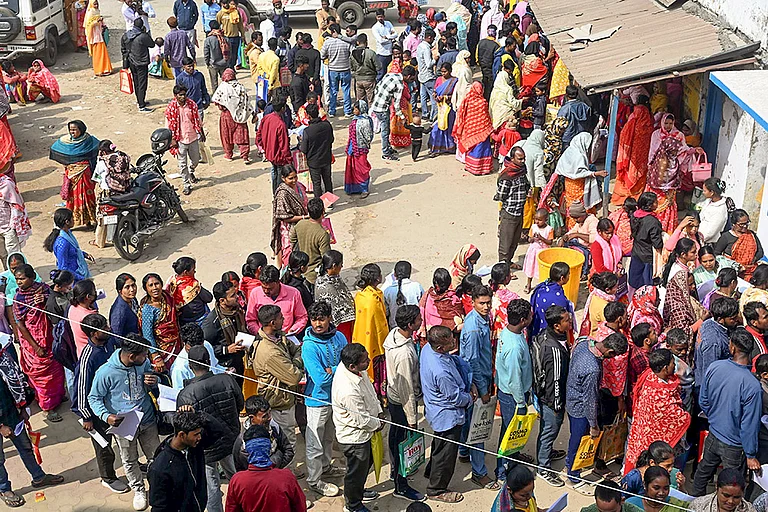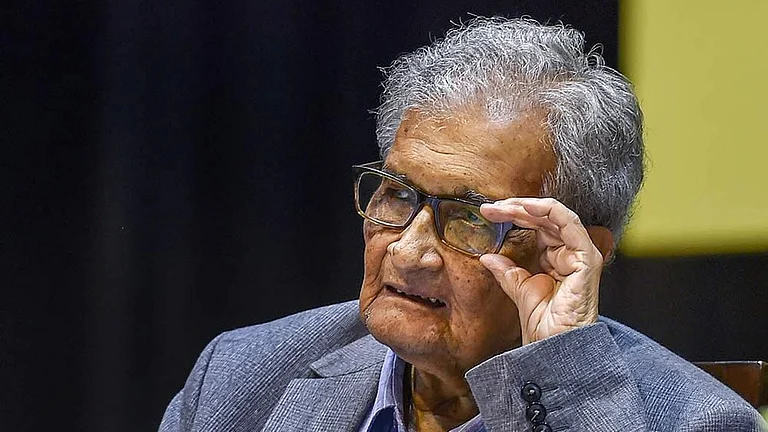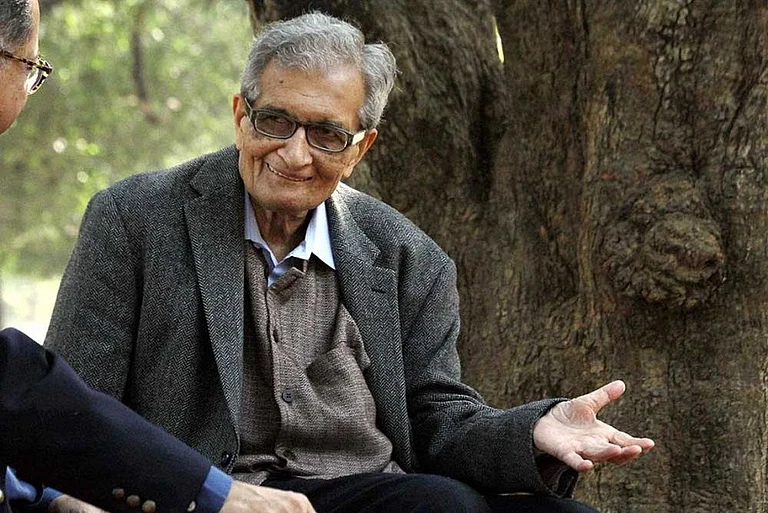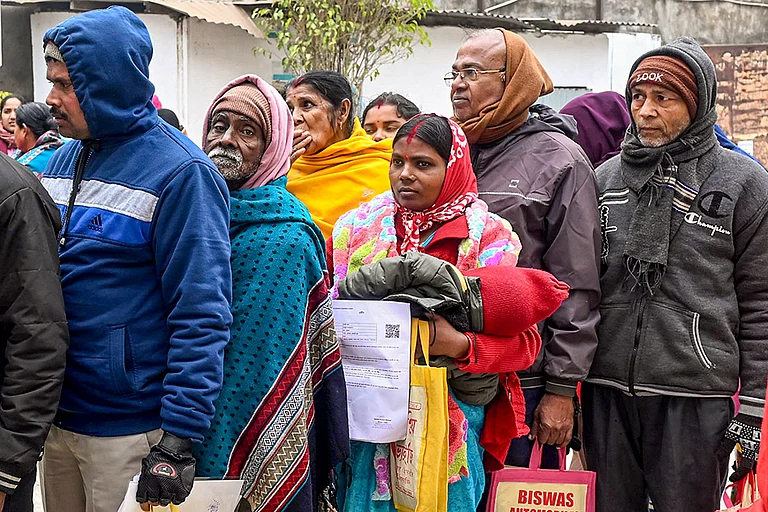
Amartya Sen on Friday said that the special intensive revision (SIR) of electoral rolls in Bihar
The economist also questioned whether it was fair to demand strict documentation from citizens
He highlighted the fact that India needs to move toward active communal cooperation
Nobel laureate economist Amartya Sen on Friday said that the special intensive revision (SIR) of electoral rolls in Bihar, if not handled sensitively, could end up "disenfranchising" a large number of poor and marginalised people. Sen told reporters that “it's true that from time to time various procedural tasks need to be carried out. However, in doing so, one cannot create a 'better system' by trampling on the rights of the poor,” PTI reported.
The economist also questioned whether it was fair to demand strict documentation from citizens who may not have access to those things. He emphasises on an inclusive approach, asserting that many citizens still lack proper documentation and are hence, left out from the electoral process.
"Many people don't have documents. Many cannot vote...If, in the name of trying to improve things a little, harm is caused to many, then that becomes a serious mistake," Sen said, adding, "You cannot justify seven new mistakes just to correct one".
Sen claimed that a just system must always protect those who are the most vulnerable. He made the comments at a public discussion on the theme "India's Youth: Social Opportunities They Should Have", where he interacted with a group of undergraduate and high-school students.
He highlighted the fact that India needs to move toward active communal cooperation, what he described as "yukta sadhana", or "joint practice". "The relationship between Hindus and Muslims is not just about tolerance. It's about collaboration, something we've seen historically in music, literature, and architecture," he said.
He gave the example of Dara Shikoh, the eldest son of Mughal emperor Shah Jahan, who translated fifty Upanishads from Sanskrit to Persian. This pivotal work, he said, played a crucial role in globalising Hindu philosophy, forming the basis for subsequent translations into languages such as German.



























